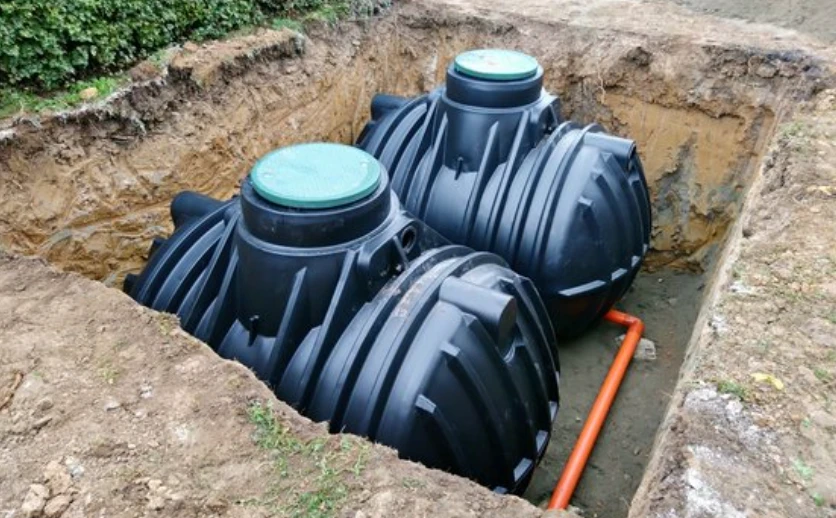The Timeless Strength of Concrete
Concrete has been shaping the world for centuries. From the Roman Colosseum to modern highways, it’s one of the few materials that can stand the test of time. Its ability to handle weight, pressure, and environmental changes makes it a reliable choice for both large-scale construction and residential use. When homeowners and builders want durability, concrete is the go-to solution.
In New England, especially in rural areas, the demand for resilient infrastructure is even greater. With cold winters, heavy rainfall, and shifting soil, materials need to hold up against natural challenges. Concrete consistently delivers on that promise.
How Concrete Works Under Pressure
Concrete is designed to withstand significant stress. When mixed correctly, it achieves a balance of strength and flexibility that keeps structures stable. It resists compressive forces, which makes it perfect for foundations, walls, and septic systems. Unlike wood, which can rot, or metal, which may corrode, concrete keeps its integrity over time.
Its performance isn’t only about raw toughness. Concrete also works well with steel reinforcement, enhancing its load-bearing capacity. This combination explains why bridges, tunnels, and water systems depend on it.
Concrete in Everyday Infrastructure
When people think about concrete, they often picture skyscrapers or highways, but it’s also essential for residential projects. Driveways, patios, retaining walls, and underground tanks rely on its durability. One area where it plays a crucial role is wastewater management.
In regions like New Hampshire, many homes are not connected to public sewer lines. Instead, they depend on septic systems. That’s where the use of septic tanks New Hampshire comes in. These tanks, often built from concrete, provide a safe and long-lasting way to manage household waste.
Why Concrete Septic Tanks Stand Out
Concrete septic tanks have a reputation for durability. Unlike plastic alternatives, they resist floating or shifting when groundwater levels rise. They can also handle the weight of soil and vehicles above them. This makes them a reliable option for homeowners who want a long-term investment rather than a temporary solution.
Concrete tanks also have another advantage: they’re environmentally friendly. Because they don’t degrade as quickly as other materials, they reduce the risk of leaks and groundwater contamination. In places where regulations are strict, this reliability matters.
Weather Challenges in New England
Concrete’s ability to withstand harsh climates is another reason it’s valued in the Northeast. New Hampshire winters bring snow, ice, and freezing temperatures. These cycles of freezing and thawing can crack weaker materials. Concrete, when manufactured and installed properly, is resistant to these stresses.
This resilience is why it continues to be trusted for roads, sidewalks, basements, and septic systems across the state. Builders know that concrete adapts to the environment without losing its stability.
The Sustainability Factor
Today’s builders are more concerned with sustainability than ever before. Concrete fits into that movement because of its longevity. A single installation can last decades without needing replacement. That reduces material waste and lowers long-term costs.
Additionally, advances in concrete technology are making it more eco-friendly. Some mixes incorporate recycled materials or produce fewer emissions during manufacturing. For homeowners and communities looking to balance durability with responsibility, concrete offers that balance.
Maintenance and Longevity
Another reason concrete remains unmatched is its low maintenance needs. Once installed, it rarely requires attention beyond basic inspections. With septic systems, for instance, regular pumping is necessary, but the tank itself stays solid for decades. This reliability saves money and stress for property owners.
Compared to alternatives that may warp, puncture, or erode, concrete requires fewer replacements. That’s why it continues to dominate in both residential and commercial construction.
Why Concrete Remains the Strongest Choice
Across history and geography, concrete has proven itself as a material built to last. Whether it’s supporting modern highways or managing waste underground, its strength and resilience make it essential. For homeowners in New Hampshire, choosing concrete isn’t just about today—it’s about building for decades to come.




